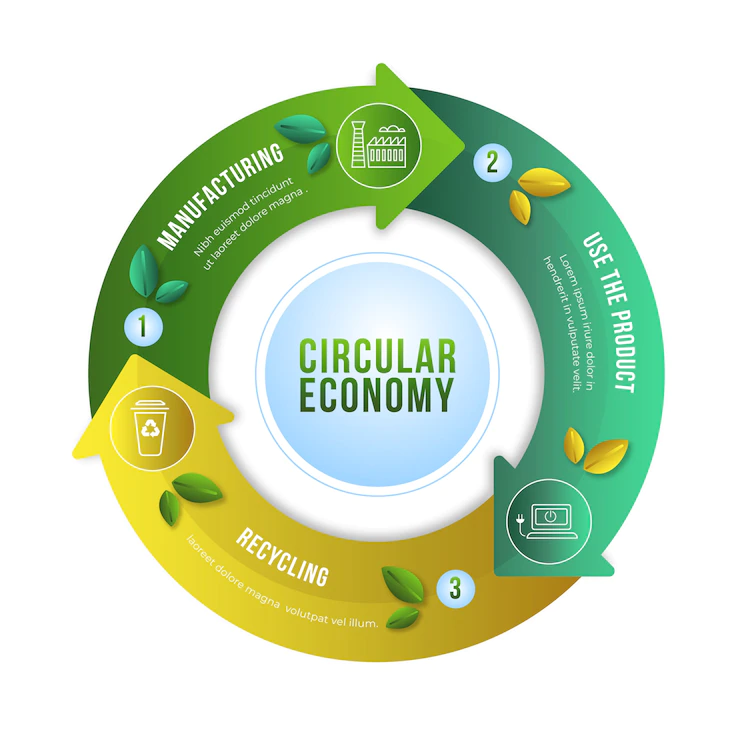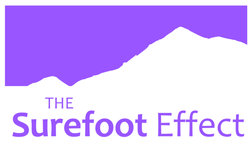|
The Wellbeing Economy is a movement for transforming the existing economic systems to support the wellbeing of people and planet, instead of wealth creation and environmental depredation. This theory of change can also be a powerful driving force towards Net Zero success. Find out more about the elements of the Wellbeing Economy and why it matters.
Circular Economy Until recently, the world used a linear economy predominantly, which is a system of production and waste. In the linear economy, raw materials and collected and turned into products that are sold through supply chains to consumers. When they are used, they move to landfills as waste. The linear economy is wasteful and carbon-heavy; it is not in line with people and planet and does not support Net Zero efforts. Although it is not perfect, the circular economy is more sustainable. A circular economy values sharing, reusing, recycling, and reducing consumption. Energy Efficiency In order to reach the UN's target of Net Zero by 2050, individuals, businesses, and public organisations have a part to play; at the same time, the Wellbeing Economy needs to maintain dignity and ensure that everyone has enough resources to exist comfortably on the planet. When it comes to energy efficiency, it's the responsibility of governments to ensure that renewable energy and other Net Zero technologies are funded and accessible to the general public; that said, individuals and businesses can support Net Zero efforts with internal choices. Eco Anxiety Eco anxiety is a fear about the future of the planet based on what we now know about climate change and the effects of carbon in the atmosphere. Eco anxiety can affect anyone, but it's more likely to affect people with more knowledge of the climate crises and the realities facing us. While eco-anxiety sounds adverse, it can also be used as motivation to support Net Zero efforts, sustainability, and the Wellbeing Economy. Eco-anxiety can be challenging to manage and affects productivity; that's why businesses and organisations can benefit from peer support. Sustainable Food Food is a necessary part of the economy, but the ways it is produced, distributed, and consumed have an impact on people and the planet. Large-scale food production accounts for one-quarter of greenhouse gas emissions globally, including distribution and refrigeration. Again, creating a more sustainable food system requires structural changes like sustainable farming practices, food waste reduction, and animal welfare, but individuals have a part to play in the choices they make when they visit supermarkets to support more ethical food production. Mental Health While eco-anxiety is part of mental health in the Wellbeing Economy, it is not the only factor. Society has unfolded in ways that support consumerism and wealth accumulation, not physical, emotional, and mental wellness. The Wellbeing Economy is about changing these dynamics. Putting the welfare of people and animals at the heart of society is the best way to adjust priorities and create a fairer, more sustainable world. When people are valued over wealth, it changes society's mechanics, improves mental health and harmonises the people and planet. Image Credit Comments are closed.
|
�
AboutHere’s a collection of some of our articles which have been in our newsletters or published elsewhere.
Archives
May 2024
|
Sign up TO SUREFOOT NEWS >>The Surefoot Effect equips people, communities and organisations with skills for sustainability and resilience.
|

 RSS Feed
RSS Feed




